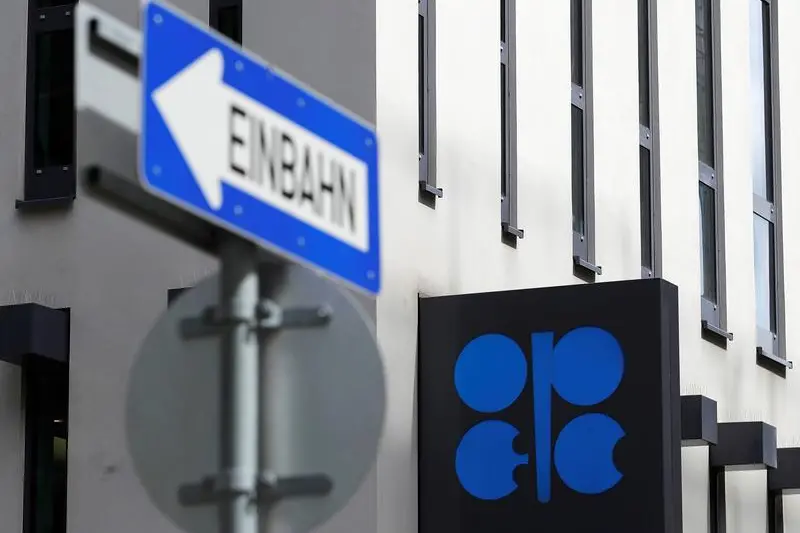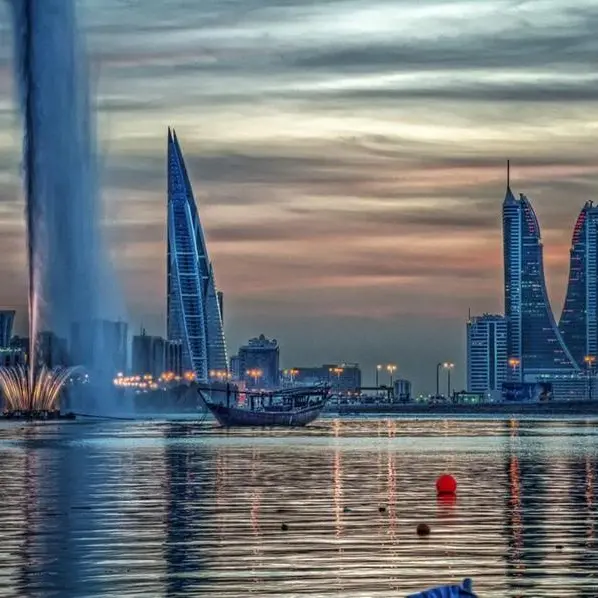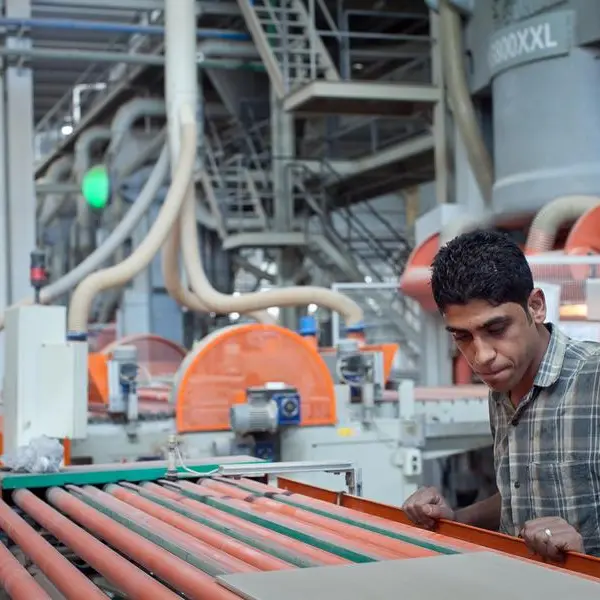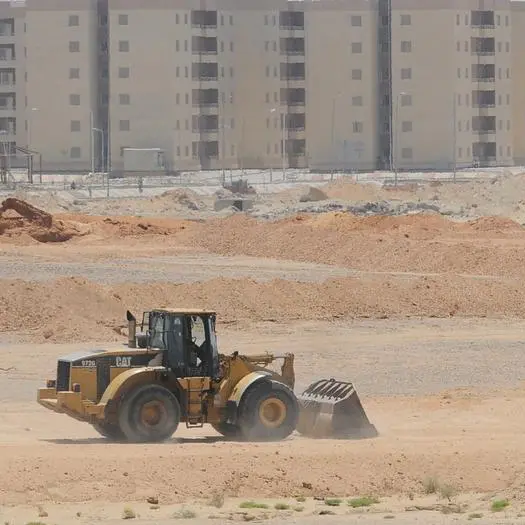PHOTO
A framework to further strengthen the cooperation between state-members of the Organization of the Petroleum Exporting Countries (OPEC) and non-OPEC states could be established in December, OPEC Secretary-General Mohammad Barkindo has said, adding that the declaration of cooperation between the various entities established two years ago "has come to stay".
In December 2016, producers from outside the 15-country OPEC group signed their first deal since 2001 limiting oil output, in an attempt to control the sharp fall in oil prices that began in 2014.
The OPEC group includes Saudi Arabia, the United Arab Emirates (UAE), Iran, Iraq and Qatar, along with other Latin American and African countries. The non-OPEC countries included that joined the December 2016 meeting included Russia, Bahrain, Brunei, Malaysia, Mexico, Oman, Sudan and South Sudan, along with others.
The two groups have held several meetings since, with the most recent taking place in June.
“At the moment we are focusing on the declaration of cooperation of the 25 participants that are there at the moment,” Barkindo said during an on-stage interview at the Energy Markets Forum held in Fujairah on Tuesday.
He said he is hopeful that by December, when the OPEC members convene in a conference in Vienna, that "a framework" could be reached to further strength the cooperation pact between the OPEC and non-OPEC members. "OPEC and non-OPEC declaration of cooperation has come to stay,” he added.
Barkindo added that attracting more investment and technologies to the oil sector should be the main focus for market participants at the moment.
He said demand for oil and gas will continue to grow. “What is required now and what is missing… the ability to continually to attract the required investments.”
He said investments should be targeted at integrating and upgrading technologies and/or addressing environmental concerns, but did not give further details.
Majid Jafar, the CEO of Sharjah-based oil and gas company Crescent Petroleum, has previously said that new investment models will boost the oil and gas sector, according to a Khaleej Times report. Jafar was speaking at an OPEC seminar held in Vienna in June.
Ratings agency Moody’s upgraded its outlook for the global refining and marketing (R&M) sector last Friday to positive from stable in a report that covered sectors that refine crude oil, process gas and distribute the byproducts.
The agency said its improved outlook reflected expectations for improved business conditions in the sector.
“Domestic crudes will remain advantaged for many North American refiners and distillate demand will continue to be strong, with below average inventories owing to strong growth in economic activity and potential mandates. However, a sudden drop in gasoline demand, or gasoline demand that does not keep up at least with incremental refinery production, would increase the sector’s risk,” Moody’s said.
The agency forecast a high demand on gasoline to continue throughout this year and next year.
At 0042 on Wednesday, Brent crude futures stood at $78.81 per barrel and are up by almost 19 percent so far this year. U.S. West Texas Intermediate (WTI) crude stood at $69.71 per barrel.
Further reading:
- Oil prices fall amid surprise growth in U.S. crude stocks
- Oil gains 1% on signs OPEC not prepared to boost output
- Russian exchange starts trade in oil for loading in annexed Crimea
- Saudi Arabia crude exports fall to 7.120mln bpd in July
- Egypt signs oil, gas exploration deal with Shell, Petronas worth about $1bln - statement
(Reporting by Yasmine Saleh; Editing by Michael Fahy)
Our Standards: The Thomson Reuters Trust Principles
Disclaimer: This article is provided for informational purposes only. The content does not provide tax, legal or investment advice or opinion regarding the suitability, value or profitability of any particular security, portfolio or investment strategy. Read our full disclaimer policy here.
© ZAWYA 2018





















